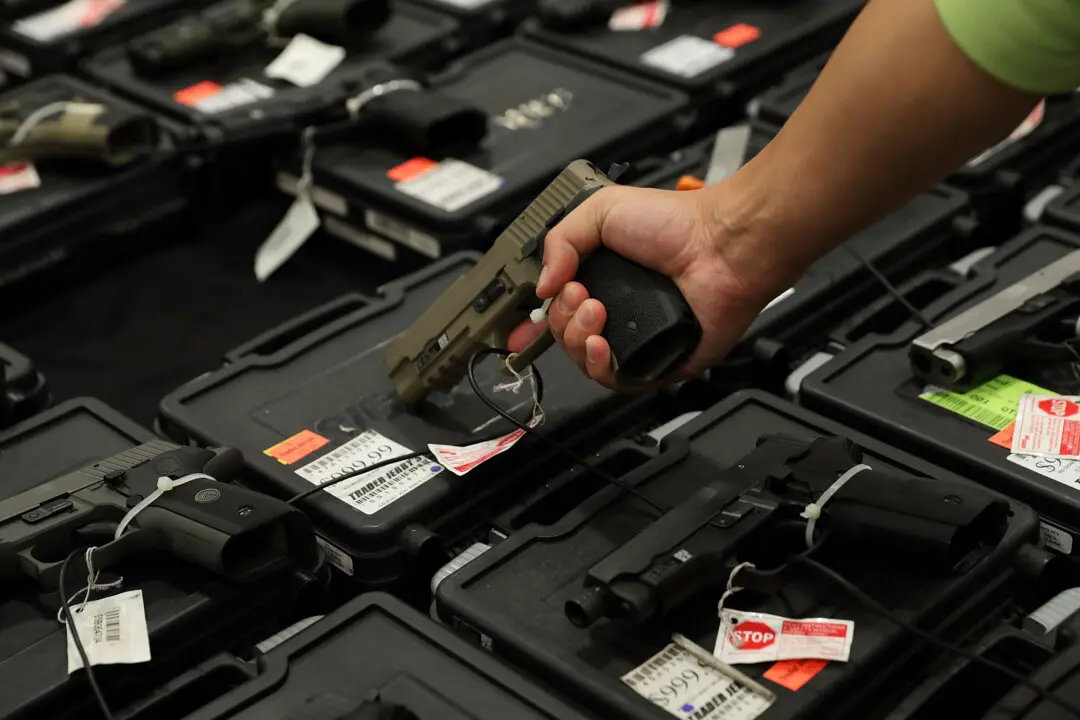A man of Middle Eastern origin twice denied firearms purchases by the federal government’s background check system is asking the Supreme Court to hear his appeal.
The case, Turaani v. Wray, court file 21-72, was docketed July 20. FBI Director Christopher Wray is one of three respondents; the others are Charles H. Kable IV, director of the FBI’s Terrorist Screening Center, and an individual FBI agent.





